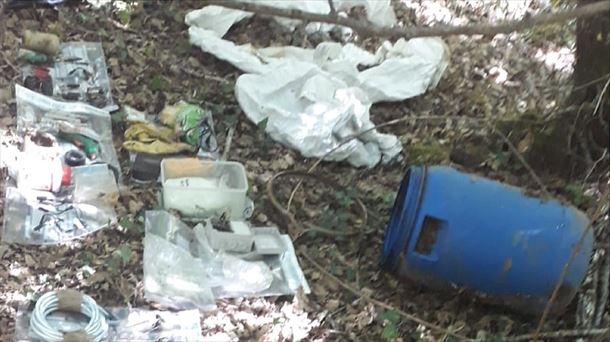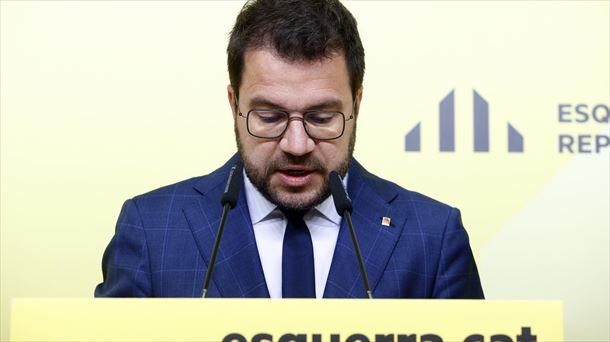Two weeks after his appointment, the new Prime Minister of France, Michel Barnier, has completed the difficult process of forming a government. On Thursday evening, he presented the composition of the future cabinet to President Emmanuel Macron, the government announced in Paris.
This was preceded by Barnier’s consultations with leading representatives of the centrist and conservative parties, on whose support he is counting for the future government.
During the meeting, which was also attended by Barnier’s predecessor Gabriel Attal, the architecture and balance of the future government were presented, the government said.
The first names are already known
Foreign Minister will be Jean-Noël Barrot, the former European Minister for Europe, who in his previous role was also responsible for German-French relations, according to sources in the previous government camp. Defense Minister Sébastien Lecornu will remain in office.
According to consistent information, conservative politician Bruno Retailleau, formerly the Republican group leader in the Senate, will be the new Minister of the Interior. He would replace Gérald Darmanin. He had shown interest in the Ministry of Foreign Affairs, but could leave the government.
Barnier met President Emmanuel Macron in the evening after “final consultations” with representatives of various parties. The Elysée was expected to announce the government team on Friday. It is possible that only the most important ministers will be named. The second-level cabinet positions could only be filled later.
What France wants to focus on in the future
Barnier also presented the basic lines of his future policy during the deliberations, according to the Prime Minister’s office. This concerns improving the standard of living of the French and the functioning of public services, especially schools and the health care system.
Another point of attention is to increase internal security, control immigration and promote integration. In addition, companies and farmers and the economic attractiveness of France should be promoted. In addition, public finances should be restructured and environmental policy strengthened.
Start of a fragile coalition
It is uncertain whether Barnier and the new government will remain in office for long. There could be a threat of a vote of no confidence from both left and right in the short term. According to media reports, a government statement from Barnier is scheduled for October 1.
The political situation in France has been tense since none of the political camps won an absolute majority in the early parliamentary elections more than two months ago. Neither the victorious left-wing alliance nor the other parties managed to form a coalition capable of governing.
Macron’s appointment of the conservative former EU Commissioner Barnier (73), a prime minister from a camp that performed poorly in the elections, caused discontent in France outside the left-wing alliance.
Source: Krone
I am Ida Scott, a journalist and content author with a passion for uncovering the truth. I have been writing professionally for Today Times Live since 2020 and specialize in political news. My career began when I was just 17; I had already developed a knack for research and an eye for detail which made me stand out from my peers.



